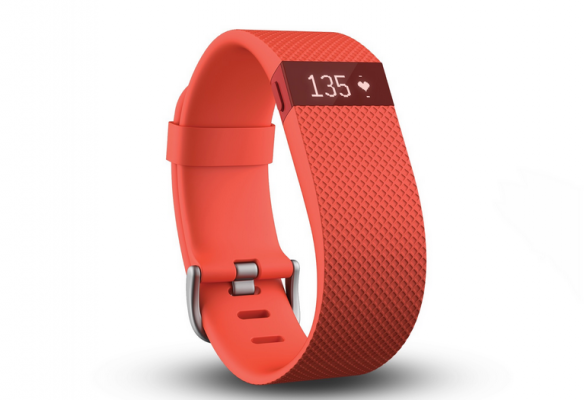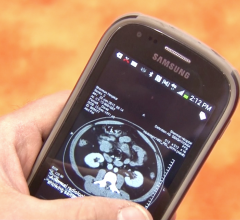
January 12, 2016 — Consumers from California, Colorado and Wisconsin filed a nationwide class action lawsuit against Fitbit Inc. alleging the company’s wrist-based “Charge HR” and “Surge” heart rate monitors do not and cannot consistently record accurate heart rates during the intense physical activity for which Fitbit expressly markets the devices. The suit contends—and expert testing confirms—that the Heart Rate Monitors consistently mis-record heart rates by a significant margin, particularly during intense exercise. Not only are accurate heart readings important for those engaging in fitness, they can be critical to the health and well-being of people whose medical conditions require them to maintain (or not exceed) a certain heart rate.
The complaint alleges that despite Fitbit’s claims made in national advertising, Fitbit’s Heart Rate Monitors do not accurately track users’ heart-rates, much less “count every beat,” particularly during the strenuous activities.
Plaintiff Kate McLellan explained, “I bought a Fitbit Charge HR because I am a serious fitness enthusiast, and I wanted to track my heart rate accurately and consistently while I exercised to help me exercise safely and meet my fitness goals. Fitbit’s ads made it clear that that is precisely what the Heart Rate Monitors are supposed to do. But in my experience, they do not, and when I complained to Fitbit, they refused to refund my money. I brought this case because the Fitbit Charge HR that I bought does not accurately and consistently track my heart rate during intense exercise, and because Fitbit refused to stand behind its promise. And I brought it as a class action because I am not alone—I have learned that many others have experienced exactly the same failures because the Heart Rate Monitors do not perform as promised.”
Robert Klonoff, one of the lawyers representing McLellan and the other plaintiffs and a former assistant to the Solicitor General of the United States, said that “Fitbit marketed these products through aggressive and widespread advertising to consumers who were not only deceived in the devices’ true functionality, but who also were put at a safety risk by trusting the Fitbit Heart Rate Monitors’ inaccurate measurements.” He added, “Many thousands of consumers paid a premium to get accurate heart rate monitors, and instead got devices that do not work as promised.”
The proposed class consists of all persons or entities in the United States who purchased a Fitbit Heart Rate Monitor (the Charge HR and Surge Fitbit products), excluding those who purchased their Heart Rate Monitors directly from Fitbit on Fitbit.com and who did not opt out of the arbitration agreement.
In late 2014, Fitbit announced wrist-based heart rate monitoring. Traditionally, accurate heart rate monitoring required a chest strap, which can be uncomfortable, distracting and difficult to clean. Fitbit claimed to have circumvented these problems with its new wrist monitors, bragging that it used LED lights to detect changes in capillary blood volume, then applied “finely tuned algorithms” to “measure heart rate automatically and continuously” and allow users to “accurately track workout intensity.” Fitbit employs this technology in the Charge HR and Surge devices and will be using the same technology in the successor to the Charge HR, the “Blaze,” which, according to reports, will be released in March 2016.
For more information: www.lieffcabraser.com


 August 18, 2023
August 18, 2023 








